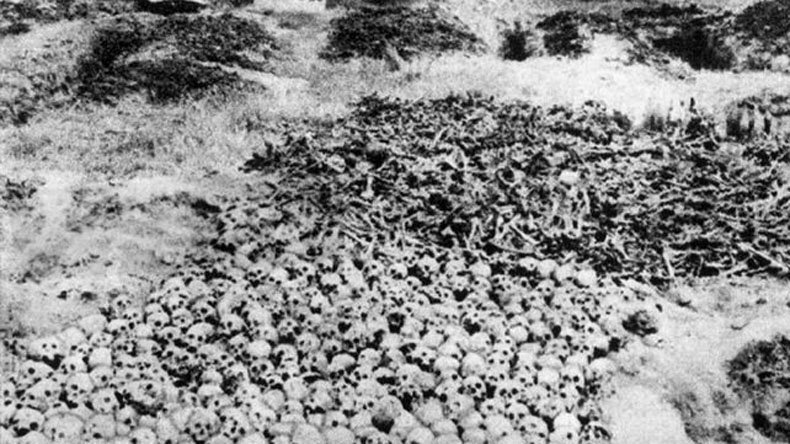Understanding Democide
Democide refers to the intentional killing of people by a government or its agents. It is a chilling reality that often goes unnoticed or ignored by the general public. Understanding democide involves examining the motives, methods, and consequences of government killings.
Democide can take various forms, including mass executions, forced labor, torture, and genocide. It is often carried out under the guise of maintaining order, suppressing dissent, or achieving political objectives.
By delving into the complexities of democide, we can shed light on this silent killer and its impact on society.
Historical Cases of Government Killings
Throughout history, there have been numerous instances of government killings that have shocked the world. One such example is the Holocaust, where millions of innocent lives were systematically exterminated by the Nazi regime.
Another infamous case is the Khmer Rouge regime in Cambodia, which led to the deaths of an estimated 1.7 million people through execution, forced labor, and starvation. The Stalinist purges in the Soviet Union and the Rwandan genocide are also haunting reminders of the devastating consequences of government democide.
Studying these historical cases helps us understand the patterns, warning signs, and the need for vigilance in preventing future government killings.
Impact on Society
The impact of government democide on society is far-reaching and long-lasting. It undermines trust in the government, erodes the social fabric, and breeds fear and oppression.
Communities affected by government killings suffer from trauma, loss, and a deep sense of injustice. The scars of democide can persist for generations, leading to social unrest, political instability, and a breakdown of societal norms.
Furthermore, the suppression of dissent and freedom of expression stifles innovation, creativity, and progress. It creates a culture of silence and fear, hindering the development of a vibrant and democratic society.
Understanding the impact of government democide is crucial in mobilizing efforts to prevent and address this silent killer.
Preventing Government Democide
Preventing government democide requires a multi-faceted approach that involves both domestic and international efforts.
At the domestic level, it is essential to promote transparency, accountability, and the rule of law. Strengthening democratic institutions, protecting human rights, and ensuring an independent judiciary are crucial steps in preventing government killings.
International cooperation and diplomacy play a vital role in addressing government democide. Promoting human rights standards, supporting civil society organizations, and holding governments accountable for their actions are essential in preventing and stopping government killings.
Educating the public about the dangers of democide and fostering a culture of human rights are also key in preventing this silent killer from taking hold.
Raising Awareness and Taking Action
Raising awareness about government democide is the first step towards combating this silent killer. It is crucial to educate the public about the reality of government killings, their historical context, and the impact they have on society.
Individuals can take action by supporting organizations that advocate for human rights, participating in peaceful protests, and engaging in discussions about government accountability and transparency.
Additionally, holding governments accountable through legal means, such as international courts and tribunals, can help ensure that those responsible for government democide are brought to justice.
By raising awareness and taking collective action, we can work towards a world where government killings are no longer tolerated, and every individual's right to life is protected.














